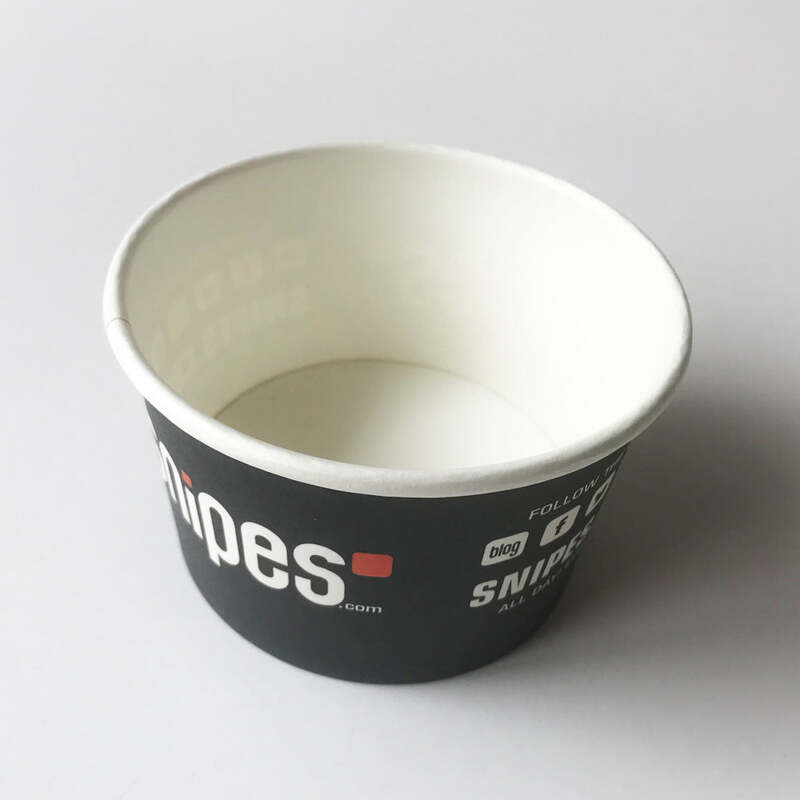Exploring the Impact of Meat Cartons on Sustainability and Packaging Innovation
In recent years, the meat industry has experienced significant transformations, particularly in packaging methods. One notable innovation is the introduction of meat cartons, a method that promises both environmental sustainability and efficiency in meat distribution. These cartons are designed to streamline the packaging and transportation of various meat products, offering benefits for consumers, retailers, and producers alike.
Meat cartons, typically made from recyclable cardboard or biodegradable materials, stand in contrast to traditional plastic packaging. Plastic has long been the dominant form of packaging in the meat industry; however, its environmental impact is becoming increasingly untenable. The accumulation of plastic waste in landfills and oceans poses a significant threat to ecosystems, prompting manufacturers to seek more eco-friendly alternatives. Meat cartons represent a pivotal step in this direction, as they can significantly reduce the carbon footprint associated with meat packaging.
One of the key advantages of using meat cartons is their ability to maintain the freshness and quality of the meat products while being environmentally friendly. Many meat cartons are designed with moisture-resistant liners that help preserve the meat's freshness, preventing spoilage during transportation and storage. This not only aids in maintaining the quality of the meat but also reduces food waste—an important issue as nearly one-third of all food produced globally goes to waste.
Moreover, the sustainability of meat cartons can enhance a brand’s image, appealing particularly to environmentally conscious consumers
. As awareness of sustainability grows, more consumers are looking for products that align with their values. By adopting meat cartons, companies can differentiate themselves in a competitive market, attracting a loyal customer base that prioritizes ecological responsibility.meat cartons

In addition to their sustainability benefits, meat cartons offer improved efficiency in terms of space and logistics. Their stackable design allows for optimized storage in warehouses and transportation vehicles, maximizing space and ultimately leading to lower transportation costs. This efficiency gains importance as global demand for meat continues to rise, necessitating innovative solutions that do not compromise environmental integrity.
Another facet of meat cartons is their versatility. They can be designed to accommodate various cuts of meat, from steaks to ground meat, and can be customized for branding purposes. Printed directly on the carton, branding and nutritional information are easily accessible to consumers, providing transparency about the product they are purchasing. This approach aligns with current consumer trends that lean towards personalized and informative shopping experiences.
Regulatory bodies also play a role in the growing popularity of meat cartons. As governments worldwide tighten regulations surrounding food packaging, especially with regard to environmental impact, the adoption of sustainable packaging solutions becomes increasingly essential. Meat cartons can help producers comply with these regulations, ensuring that they remain competitive while adhering to legal standards.
In conclusion, the shift towards meat cartons marks a significant development in the meat industry. With their environmentally friendly composition, ability to maintain product quality, efficiency in storage and transportation, and potential for brand enhancement, meat cartons provide a multifaceted solution to contemporary challenges faced by the industry. As sustainability continues to drive consumer choice, the future of meat packaging will likely lean heavily towards these innovative solutions, paving the way for a more responsible and eco-conscious food supply chain.



